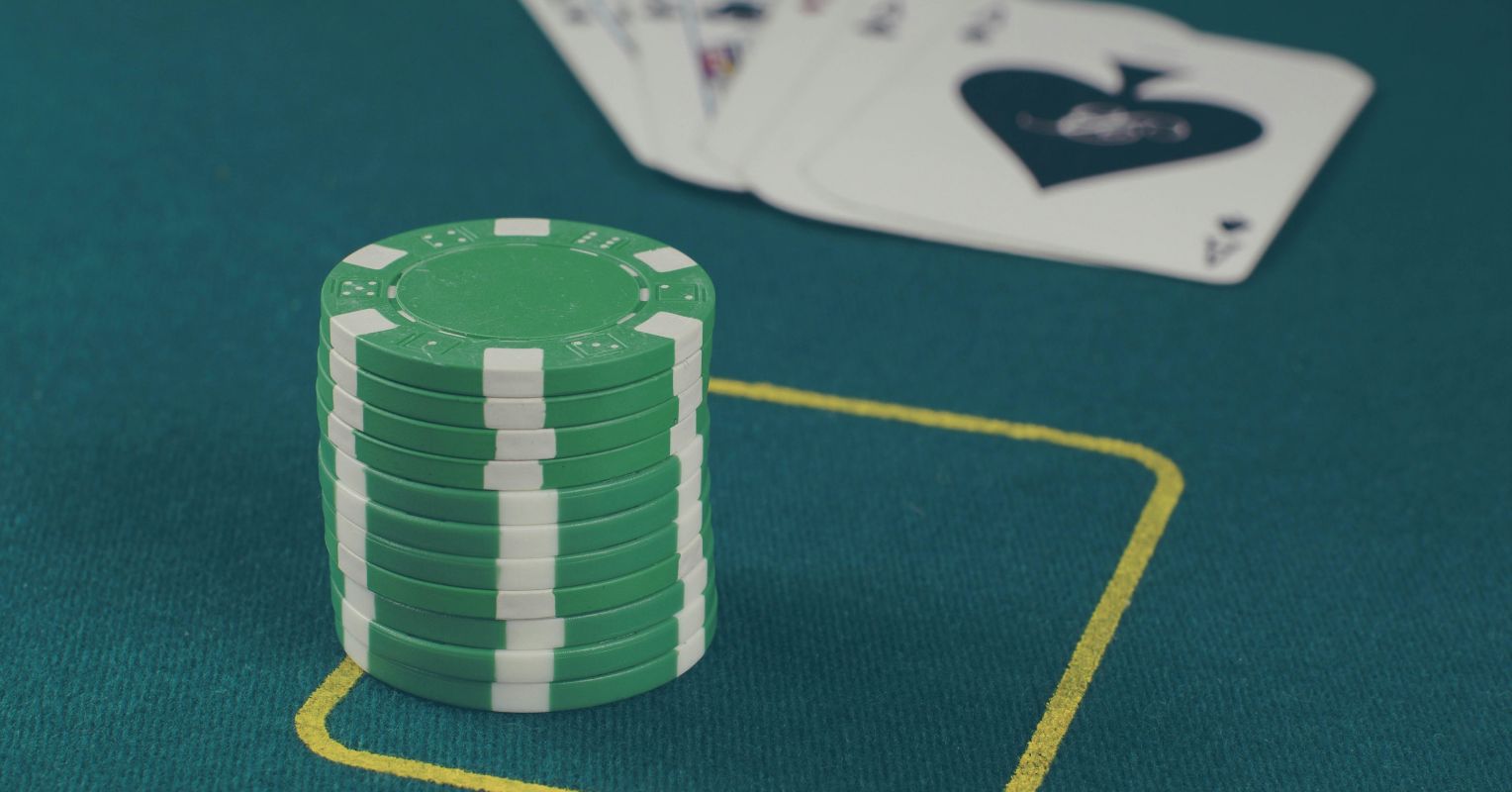This is Part 3 in a seven-part series about world poker champion and cognitive scientist Annie Duke, Ph.D., whose insights follow each question below. To read from the start of the series, see Part 1.
Jenny Grant Rankin: I love that you touch on cognitive dissonance, that mental discomfort at play when the thought of luck playing a role in our successes conflicts with our desire to think positively about ourselves. When we push through that discomfort and are able to accept unflattering truths, research shows we actually report being happier on that other side.
Annie Duke: Exactly. It’s just better when we accept the role that luck plays. It will help our future decisions, too.
Sunk Cost Fallacy Lures Us to Lose
JGR: An important point from your books is that people tend to quit unworthy endeavors too late. Why is that?
AD: There are a lot of reasons. When we think about the work of Danny Kahneman and others on cognitive biases, a whole bunch of them could really be described as biases against stopping things. The most famous of them is the sunk cost fallacy, which is that we take into account the resources that we’ve put into something when deciding whether to continue on and put more resources into it in the future.
For example, if you buy a stock at 50, and it’s now trading at 40, your decisions about whether to continue to hold that stock will generally be different than the decisions of someone who’s fresh to considering whether the stock is a buy at 40. Even in cases where someone fresh to the decision would not buy that stock at 40, you will continue to hold the stock because you’re saying something like, “I want to get my money back” or “I don’t want to waste the $10 I already put into this.” That’s a fallacy, because what should matter is whether you are winning in the decision going forward.
There is a simple thought experiment that is so helpful that people argue with me that it’s not actually a mistake. It goes like this: You have a band that you love. They’re doing an outdoor concert, but on the day of the outdoor concert the weather is horrific; it’s a freak weather event in June where it’s a freezing 15 degrees out, lightning is striking, and hail is raining down upon people outside. Your friend, who was going to go to the concert, now has a ticket because they’re not going to go, and they offer the ticket to you. Do you say yes? The majority of people are like, “Yeah, no, I’m not going.” Nobody says they’d take the free ticket.
But then you say to them, “OK, what if the exact same thing is true, except that two weeks ago you bought the ticket for $1,000. Are you going now?” And people are like, “Oh, yeah, I’m definitely going because I don’t want to waste the $1,000 I already spent on the ticket.” But that money is already wasted and already gone.
It is a good example of how the sunk cost fallacy works, because it’s actually hard for people to understand that this is even an error. If you wouldn’t go to a concert for free, you’re saying it’s not worth it and you’re not going to have a good time. But when you make the decision after you’ve already bought the ticket, you’re taking into account the fact that you spent $1,000 on something and then deciding to go be miserable. You shouldn’t though. That decision should look identical because the $1,000 is already gone.
That’s the mistake that we make; we treat waste as a retrospective problem as opposed to a prospective one (“I’m worried about wasting what’s already been spent, but that’s going to make me waste more”). We make this mistake whether it’s a concert, stock, relationship, project, or job. We can’t leave because of everything we’ve put into it, even if we’re miserable.
Reduced Uncertainty Is a Gift
JGR: I stayed too long in a failing marriage, one of my first jobs, and more. How can we look at things more objectively?
AD: There’s a broader explanation that’s a bit philosophical. Going back to the decision problem that we started with (about hidden information and luck), it’s the nature of decisions that after you’ve made a decision, you’re going to learn new stuff. Because we’re all making decisions under uncertainty, post-decision you’re going to learn new things that you didn’t know at the time. You’re going to start to see what the influence of luck was on the outcome by observing if you get a good set of outcomes or a bad set of outcomes. We’ve all had that feeling of “I wish I knew then what I know now,” but what we’re really saying in those instances is, “I would have made a different choice.”
This is where the quitting opportunity becomes so interesting, because the option to walk away from things is what allows you to make the different choice that you wish you had made in the first place. When we learn new stuff like, “Hey, things aren’t going well; your stocks are now trading at 40” or “Hey, things aren’t going well; it’s now hailing and 15 degrees out,” we have this gift that we’ve been given, which is: we can choose to not do it anymore.
I think that’s the most valuable thing that we have, because otherwise it becomes very hard to start things if you can’t stop them and have to be trapped forever in them. Fortunately, we’re not trapped forever in them, and we can stop things. The problem is that we don’t, because of things like the sunk cost fallacy.
Part 4 in this seven-part series will be available tomorrow.
